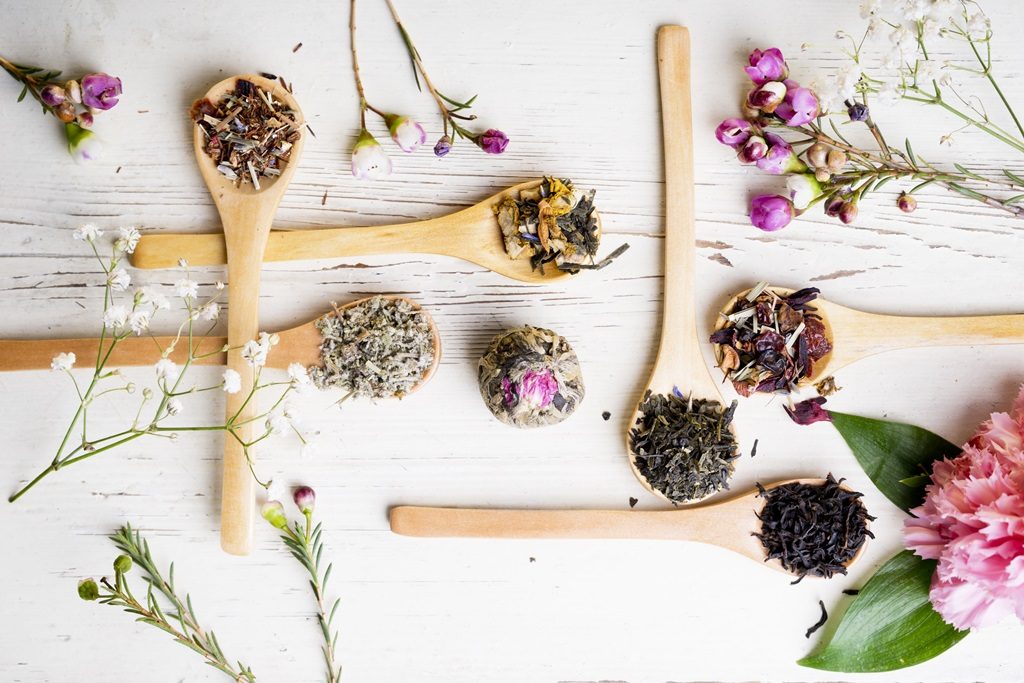Chinese Herbal Medicine
Chinese Herbal Medicine is one of the great herbal systems of the world, with an unbroken tradition going back to the 3rd century BC. Yet throughout its history it has continually developed in response to changing clinical conditions, and has been sustained by research into every aspect of its use.
Because of its systematic approach and clinical effectiveness it has for centuries had a very great influence on the theory and practice of medicine in the East, and more recently has grown rapidly in popularity in the West. It still forms a major part of healthcare provision in China, and is provided in state hospitals alongside western medicine. Chinese medicine includes all oriental traditions emerging from Southeast Asia that have their origins in China.
Chinese herbs are very safe when prescribed correctly by a properly trained practitioner. Over the centuries doctors have compiled detailed information about the pharmacopoeia and placed great emphasis on the protection of the patient. Adverse reactions can occur with any form of medicine. In the case of Chinese herbal medicine these are rare. RCHM members give guidance on this to all patients. The RCHM also works with the Bristol Chinese Herb Garden and with the Royal Botanic Gardens, Kew, in building botanical knowledge of high quality herbal medicines.
The RCHM (Register of Chinese Herbal Medicine) believes that Chinese herbal medicine has a role to play in the treatment of the following conditions:
- Skin disease, including eczema, psoriasis, acne, rosacea, urticarial
- Gastro-intestinal disorders, including irritable bowel syndrome, chronic constipation, ulcerative colitis
- Gynaecological conditions, including pre-menstrual syndrome and dysmenorrhoea, endometriosis, infertility
- Chronic fatigue syndromes, whether with a background of viral infection or in other situations
- Respiratory conditions, including asthma, bronchitis, and chronic coughs, allergic and perennial rhinitis and sinusitis
- Rheumatological conditions (e.g. osteoarthritis and rheumatoid arthritis)
- Urinary conditions including chronic cystitis
- Psychological problems (e.g. depression, anxiety)
Many of these conditions, especially in their chronic forms, create great difficulty for conventional medicine, whilst Chinese Herbal Medicine has a great deal to offer. The results that can be expected and how long a patient will have to take the herbs for will depend on the severity of the condition, its duration, and the general health of the patient.
Any RCHM member will be happy to discuss their experience of treating your type of problem with you before you commit yourself to taking Chinese herbal medicine.

